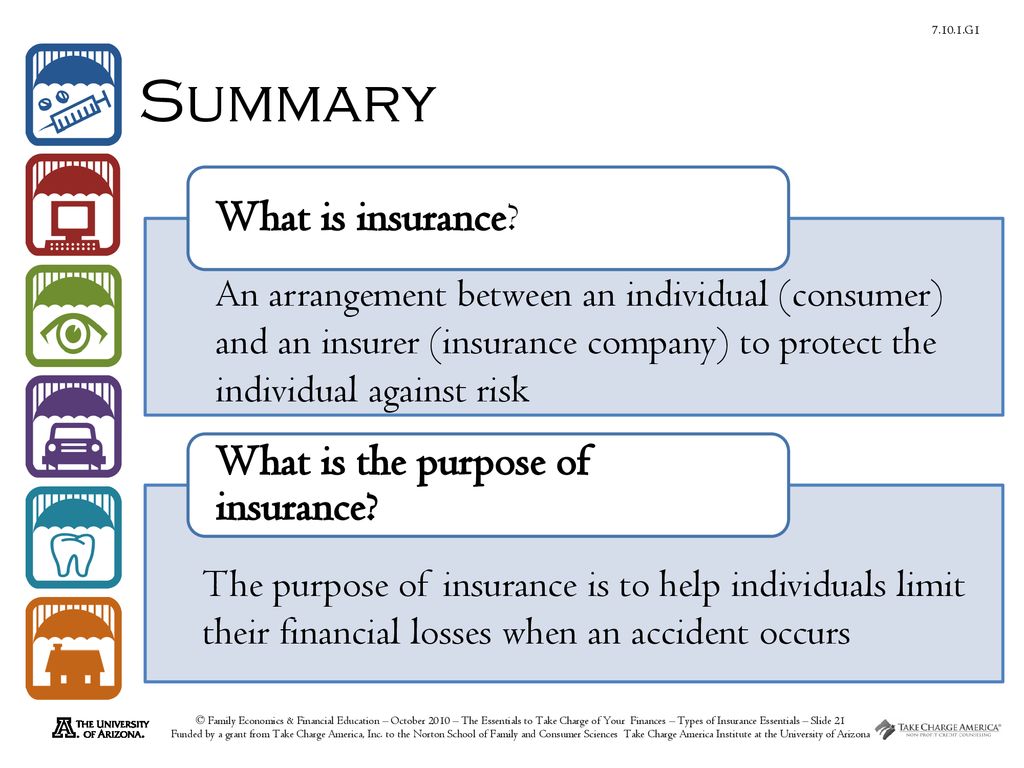Entire life and universal life insurance are both considered long-term policies. That implies they're created to last your entire life and will not expire after a specific amount of time as long as needed premiums are paid. They both have the prospective to accumulate money worth over time that you might be able to borrow versus tax-free, for any factor. Since of this feature, premiums may be higher than term insurance coverage. Whole life insurance policies have a fixed premium, meaning you pay the same quantity each and every year for your protection. Just like universal life insurance, whole life has the possible to collect cash worth in time, creating an amount that you may be able to borrow versus.
Depending on your policy's prospective cash value, it might be used to skip an exceptional payment, or be left alone with the prospective to accumulate value in time. Possible growth in a universal life policy will differ based on the specifics of your individual policy, in addition to other factors. When you purchase a policy, the issuing insurance provider develops a minimum interest crediting rate as laid out in your agreement. However, if the insurance provider's portfolio earns more than the minimum interest rate, the business may credit the excess interest to your policy. This is why universal life policies have the possible to earn more than an entire life policy some years, while in others they can earn less.
Here's how: Given that there is a money value part, you may have the ability to avoid superior payments as long as the money value is enough to cover your required expenditures for that month Some policies may enable you to increase or decrease the survivor benefit to match your specific situations ** In most cases you might obtain versus the cash value that may have built up in the policy The interest that you may have made over time accumulates tax-deferred Whole life policies provide you a fixed level premium that will not increase, the possible to accumulate cash worth over time, and a fixed death advantage for the life of the policy.

As a result, universal life insurance premiums are typically lower during durations of high interest rates than whole life insurance coverage premiums, often for the exact same amount of coverage. Another crucial difference would be how the interest is paid. While the interest paid on universal life insurance coverage is often changed monthly, interest on a whole life insurance policy is usually adjusted annually. This might indicate that throughout periods of rising rate of interest, universal life insurance policy holders might see their money values increase at a rapid rate compared to those in entire life insurance policies. Some individuals may choose the set survivor benefit, level premiums, and the capacity for growth of an entire life policy.
Although entire and universal life policies have their own unique features and benefits, they both concentrate on providing your enjoyed ones with the cash they'll require when you pass away. By dealing with a certified life insurance coverage representative or business agent, you'll be able to pick the policy that best satisfies your specific requirements, spending plan, and financial objectives. You can likewise get afree online term life quote now. * Supplied necessary premium payments are timely made. ** Boosts may be subject to extra underwriting. WEB.1468 (How does life insurance work). 05.15.
Some Of What Is Insurance Deductible
You don't need to guess if you should enlist in a universal life policy due to the fact that here you can discover all about universal life insurance coverage benefits and drawbacks. It resembles getting a sneak peek prior to you purchase so you can decide if it's the best kind of life insurance for you. Keep reading to find out the ups and downs of how universal life premium payments, money worth, and death benefit works. Universal life is an adjustable kind of long-term life insurance coverage that permits you to make changes to two main parts of the policy: the premium and the survivor benefit, which in turn affects the policy's cash worth.

Below are a few of the total pros and cons of universal life insurance. Pros Cons Designed to offer more versatility than whole life Does not have actually the ensured level premium that's readily available with whole life Cash value grows at a variable interest rate, which might yield greater returns Variable rates likewise indicate that the interest on the money value could be low More opportunity to increase the policy's money value A policy typically requires to have a positive money worth to stay active Among the most appealing functions of universal life insurance is the capability to pick when and just how much premium you pay, as long as payments meet the minimum quantity required to keep the policy active and the Internal Revenue Service life insurance coverage standards on the optimum quantity of excess premium payments you can make (What is commercial insurance).
But with this flexibility likewise comes some downsides. Let's go over universal life insurance coverage pros and cons when it pertains to changing how you pay premiums. Unlike other kinds of permanent life policies, universal life can get used to fit your financial requirements when your money circulation is up or when your spending plan is tight. You can: Pay greater premiums more often than needed Pay less premiums less often or perhaps skip payments Pay premiums out-of-pocket or utilize the money value to pay premiums Paying the minimum premium, less than the target premium, or avoiding payments will adversely impact the policy's cash worth.